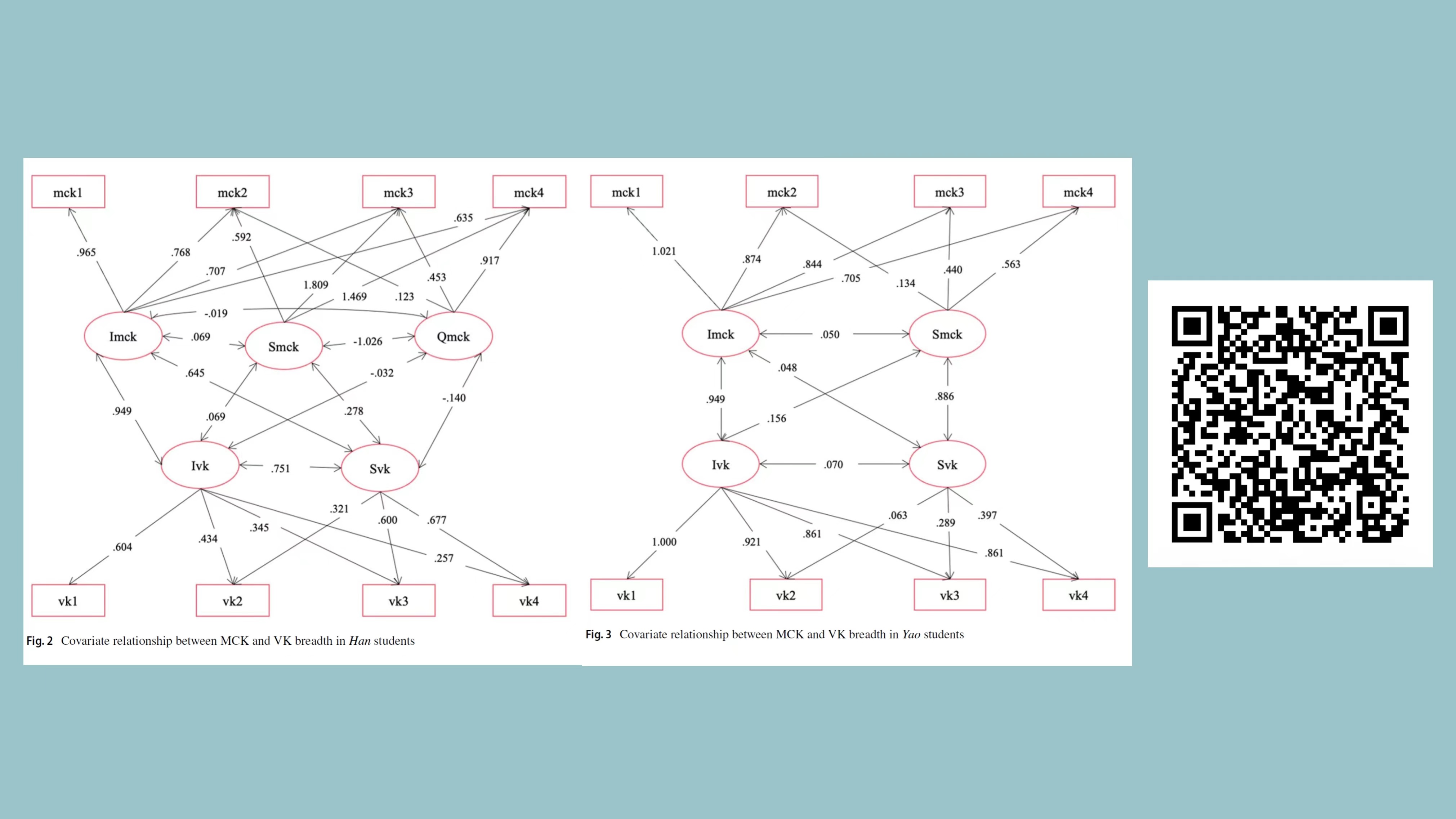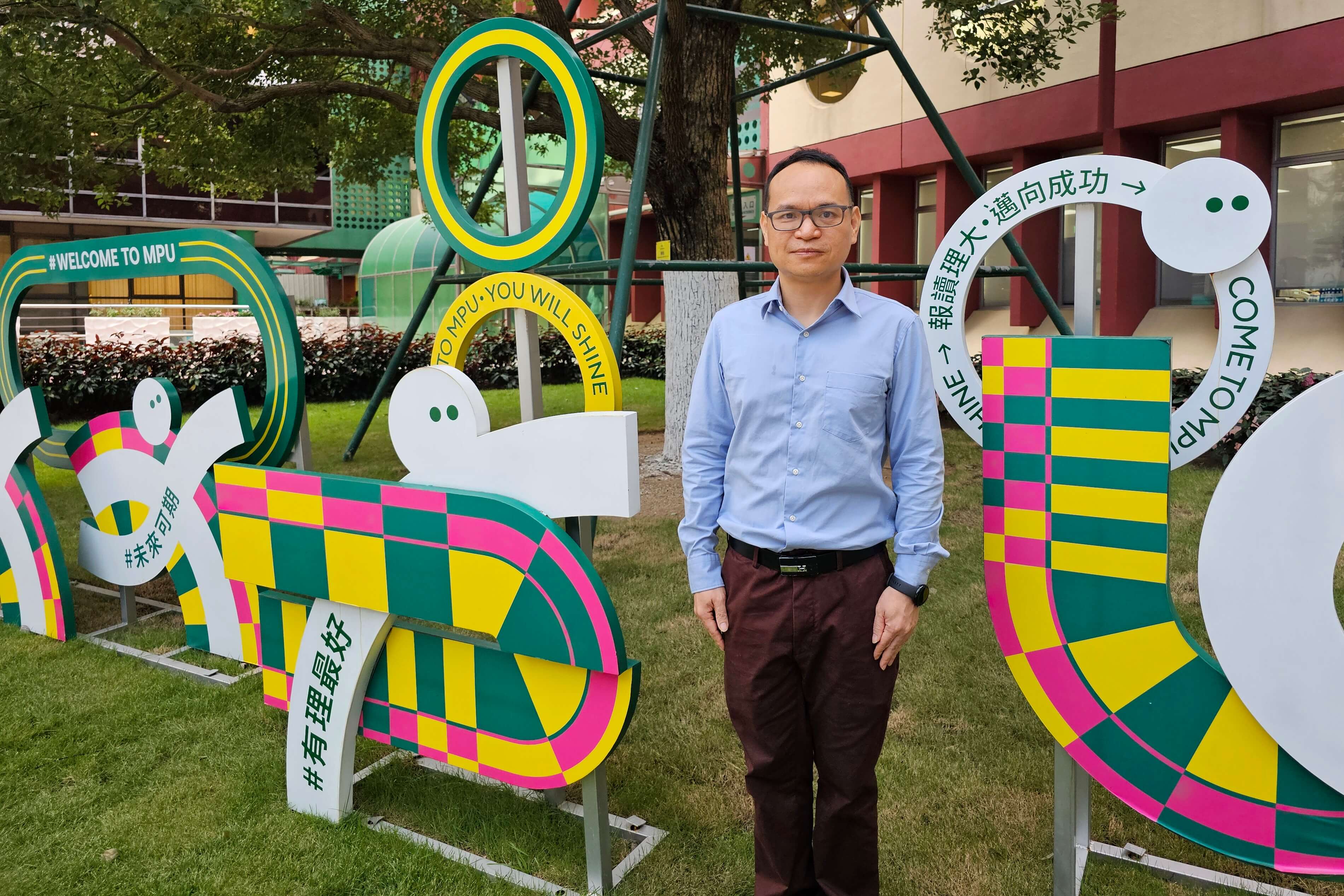Bridging Languages and Minds: The Cognitive Growth of Ethnolinguistic Young Learners

Every day, in neighbourhoods around the globe, there are children who step into classrooms to learn a new language. In the corridors of multicultural educational institutions, students from various ethnic backgrounds immerse themselves in non-native language environments. This journey is not just about exploring the diversity of languages or absorbing new vocabulary; it is about mastering the art of learning itself.
Professor Mark Teng Feng, a member of the Faculty of Languages and Translation of Macao Polytechnic University, has been enlisted among the world’s top 2% of scientists in 2023 by Stanford University and the Elsevier Scopus database and as one of the top 10 linguists in China. Professor Teng collaborates with academics from the University of Auckland, revealing the intricate interplay between language acquisition and cognitive development in young multilingual minds. Their research addresses a critical gap in our understanding and points towards new horizons in educational practices.
Setting the Linguistic Stage
Metacognitive knowledge is like having a map of your own thinking. It involves being aware of how you learn best, what strategies you use to memorise information, and how you solve problems. When students understand their own learning processes, they can adjust their study habits to be more effective. For language learning, this means finding the best ways to practice speaking, listening, reading, and writing in the new language.
The research team set out to explore how students from different backgrounds develop metacognitive knowledge and language skills over time. They tracked the progress of 115 and 108 students, respectively, from the Yao and Han ethnic groups in China over four years. Every year, these students took a metacognitive knowledge test and an English vocabulary test. The results were analysed using a latent growth curve model, a statistical technique that shows how student learning changes over time.

Covariate relationship between metacognitive knowledge and vocabulary knowledge breadth in Han and Yao students
Uncovering Learning Pathways: Shaping Tomorrow’s Classrooms
The study revealed an important relationship between learning a language and developing metacognitive strategies. As students increased their English vocabulary, their metacognitive knowledge also improved. However, the rate of this improvement was not the same for everyone. The Yao students faced more challenges compared to the Han students. This difference highlights the need for personalised pedagogies that consider the unique backgrounds and learning needs of each student. This finding is a clarion call for educators to devise individualised teaching strategies that nurture both language skills and cognitive awareness, particularly for ethnolinguistic minority students.
The implications of the study are profound. Educators are encouraged to develop teaching strategies that foster metacognitive awareness and support vocabulary acquisition, specifically tailored to ethnolinguistic minority students. The research also opens new doors for future exploration, highlighting the need to assess the depth as well as the breadth of vocabulary knowledge and to understand the impact of socioeconomic status on language development. The team’s work points to a future where educational practices are informed by a deep understanding of the cognitive processes involved in language learning, ensuring that all students, regardless of background, have the tools to succeed in the global tapestry of languages.

Professor Mark Teng Feng from the Faculty of Languages and Translation of Macao Polytechnic University
Leveraging MPU’s Linguistic Expertise Beyond the Classroom Walls
Professor Teng Feng has been selected as one of the top 2% global scientists in the fields of linguistics and education in the rankings released by Stanford University and Elsevier Scopus database in 2022 and 2023. He is currently the only scholar from Macao to be included in the list in both of these academic fields. His research in areas such as growth mindset, second language acquisition, and educational technology has yielded significant insights. He stated when sharing his research findings, “The cultivation of growth mindset, including metacognitive knowledge, and the appropriate application of educational technology, have a positive impact on students’ language acquisition. More in-depth research and exploration will increase the effectiveness of pedagogy and teaching resources, promoting students’ comprehensive development and learning achievements.”
The journey through the linguistic landscape that Professor Teng’s team undertakes does not end within academic articles or the confines of a classroom. It continues and expands through the strategic initiatives and research strengths of MPU. The Faculty of Languages and Translation leverages the abundant linguistic assets and the vibrant cultural tapestry of Macao, as well as the dynamic Guangdong-Hong Kong-Macao Greater Bay Area, to inform and shape its approach to foreign language education policy, strategic development, and curricular design.
MPU utilises the Engineering Research Centre of Applied Technology on Machine Translation and Artificial Intelligence, along with various language and cultural research bases, to advance its language-related research and practices. This effort is part of the University’s mission to promote language and cultural exchange. Since 2006, MPU has maintained a unique partnership with the DGI-SCIC of the European Commission, the only institution in Macao to do so. Numerous training courses have been organised to develop a significant number of skilled Chinese-Portuguese interpreters.
MPU consistently enhances the quality of teaching and research by combining academic work with technological innovation and cultural studies. This approach helps promote societal advancement through language diversity, strengthening Macao’s role as a business and trade liaison between China and Portuguese-speaking countries, and building Macao’s pool of language professionals. MPU’s commitment to language and translation studies plays a crucial role in fostering communication and inclusivity, bridging cultures, and enhancing global dialogue.
This research paper is published in Metacognition and Learning. Explore more: